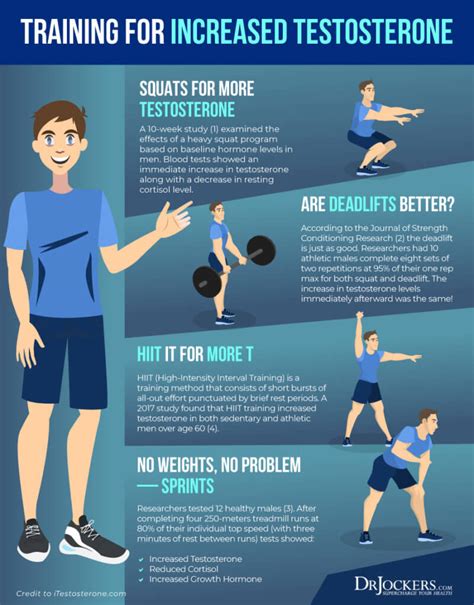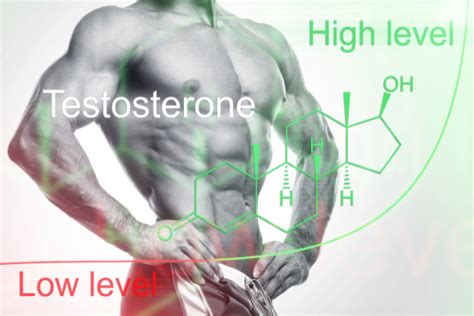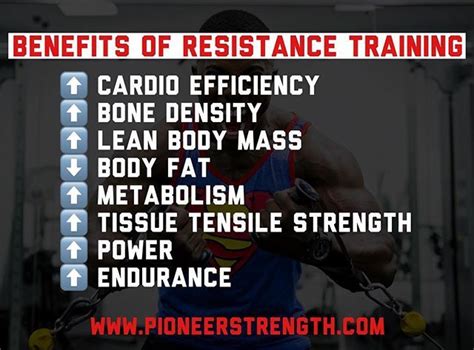What actionable steps naturally boost male testosterone for peak performance?

Understanding Testosterone’s Vital Role
Testosterone, often called the primary male sex hormone, is fundamental for far more than just libido. It plays a critical role in muscle mass, bone density, red blood cell production, fat distribution, mood, energy levels, and cognitive function. Optimal testosterone levels are key for men seeking peak physical and mental performance, as well as overall vitality. While synthetic options exist, a growing body of evidence suggests that natural, actionable lifestyle changes can significantly influence and optimize testosterone production within the body.
Embarking on a journey to naturally boost testosterone means adopting a holistic approach, focusing on multiple facets of health rather than isolated fixes. This article will explore the most effective and science-backed steps you can take to enhance your testosterone levels for improved performance and well-being.

Nutritional Powerhouses: Fueling Testosterone Production
Your diet is a cornerstone of hormone regulation. Specific nutrients and dietary patterns can either support or hinder testosterone synthesis.
- Prioritize Healthy Fats: Cholesterol is a precursor to testosterone. Incorporate monounsaturated and polyunsaturated fats from sources like avocados, nuts, seeds, olive oil, and fatty fish (salmon, mackerel). Avoid excessive saturated and trans fats.
- Zinc-Rich Foods: Zinc is a vital mineral for testosterone production. Oysters, red meat, poultry, beans, nuts, and dairy products are excellent sources. Studies have shown zinc deficiency can significantly lower testosterone.
- Vitamin D Intake: Often considered a hormone itself, Vitamin D is strongly linked to testosterone levels. Get regular sun exposure or supplement with Vitamin D3, especially if you live in northern latitudes. Foods like fatty fish and fortified dairy also contain some Vitamin D.
- Cruciferous Vegetables: Broccoli, cauliflower, cabbage, and Brussels sprouts contain indole-3-carbinol, which helps reduce estrogen levels, thereby potentially increasing the ratio of free testosterone.
- Limit Processed Foods and Sugar: Diets high in refined sugars and processed foods can lead to insulin resistance and inflammation, both of which can negatively impact testosterone production. Focus on whole, unprocessed foods.

Strategic Exercise: Building Muscle, Boosting Hormones
Exercise, particularly certain types, is a powerful natural testosterone booster. The key is consistency and intelligent programming.
- Resistance Training: Lifting weights, especially compound movements like squats, deadlifts, bench presses, and overhead presses, stimulates significant testosterone release. Focus on heavy lifts with moderate volume (3-5 sets of 5-10 reps) and adequate rest between sets (60-90 seconds).
- High-Intensity Interval Training (HIIT): Short bursts of intense exercise followed by brief recovery periods have been shown to elevate testosterone levels. Examples include sprint intervals, battle ropes, or kettlebell swings.
- Avoid Overtraining: While exercise is beneficial, excessive or prolonged cardio without adequate recovery can increase cortisol (a stress hormone), which can suppress testosterone. Listen to your body and prioritize recovery.

The Crucial Role of Sleep and Stress Management
Quality Sleep: Your Nightly Recharge
Sleep is when your body repairs and regenerates, including hormone production. Chronic sleep deprivation is a major culprit in low testosterone.
- Aim for 7-9 Hours: Most testosterone is produced during deep sleep. Consistently getting less than 7 hours can significantly reduce levels.
- Improve Sleep Hygiene: Create a dark, cool, and quiet bedroom. Avoid screens an hour before bed, and maintain a consistent sleep schedule, even on weekends.
Mastering Stress: The Cortisol Connection
Chronic stress leads to elevated cortisol levels. Cortisol and testosterone have an inverse relationship; as cortisol rises, testosterone tends to fall.
- Practice Mindfulness: Meditation, deep breathing exercises, and yoga can help manage stress and lower cortisol.
- Engage in Hobbies: Activities you enjoy can be powerful stress relievers.
- Limit Caffeine and Alcohol: While in moderation they are fine, excessive intake can disrupt sleep and increase stress responses.

Lifestyle Adjustments for Sustained Testosterone Health
Beyond the core pillars of diet, exercise, sleep, and stress, several other lifestyle factors can contribute to optimal testosterone levels.
- Maintain a Healthy Weight: Obesity, especially excess abdominal fat, is strongly associated with lower testosterone. Fat cells contain an enzyme (aromatase) that converts testosterone into estrogen.
- Limit Alcohol Consumption: Heavy and chronic alcohol intake can impair the endocrine system, directly affecting testosterone production.
- Avoid Endocrine Disruptors: Exposure to certain chemicals found in plastics (BPA, phthalates) and some personal care products can mimic hormones and disrupt endocrine function. Opt for glass containers and natural products where possible.
- Consider Cold Exposure: Some research suggests that deliberate cold exposure, like cold showers or ice baths, may acutely stimulate hormone production and improve overall resilience, though direct testosterone links are still being studied.

Conclusion: A Holistic Approach to Peak Performance
Naturally boosting testosterone for peak performance isn’t about a single magic bullet; it’s a synergistic effort involving consistent, healthy lifestyle choices. By prioritizing a nutrient-rich diet, engaging in strategic exercise, optimizing sleep, managing stress effectively, and making conscious lifestyle adjustments, men can significantly impact their hormone health. These actionable steps not only support optimal testosterone levels but also contribute to improved energy, strength, mood, and overall well-being, paving the way for peak performance in all aspects of life. Consistency is key, and the benefits extend far beyond just hormonal balance, fostering a healthier, more vibrant you.









